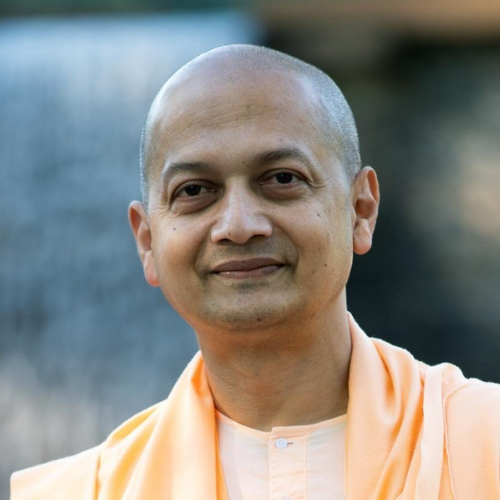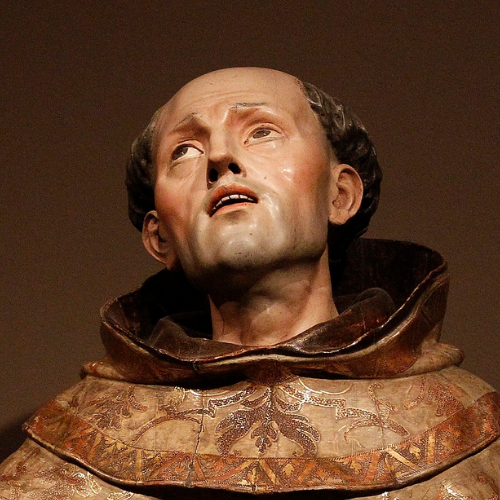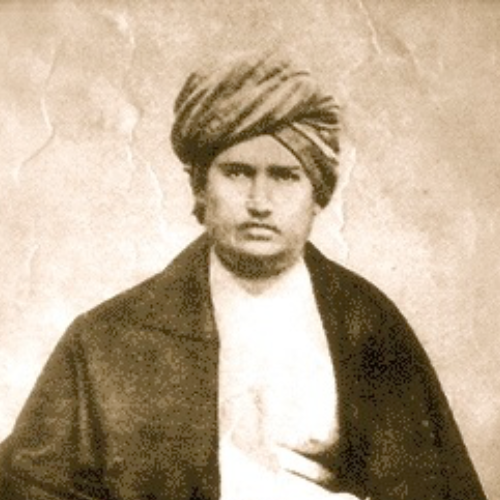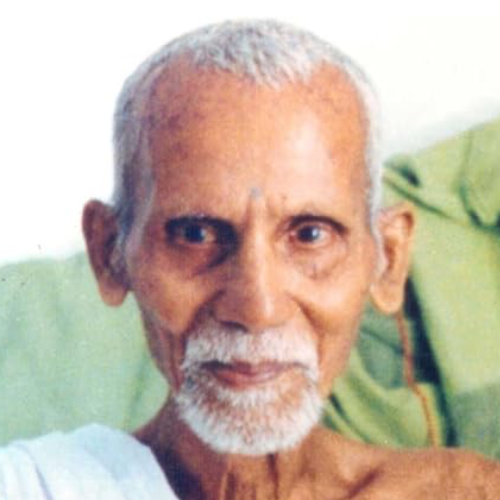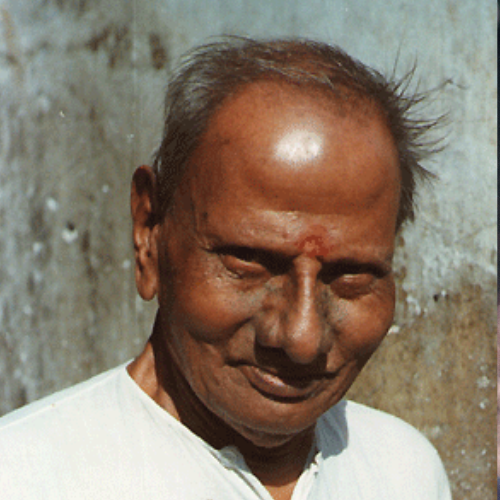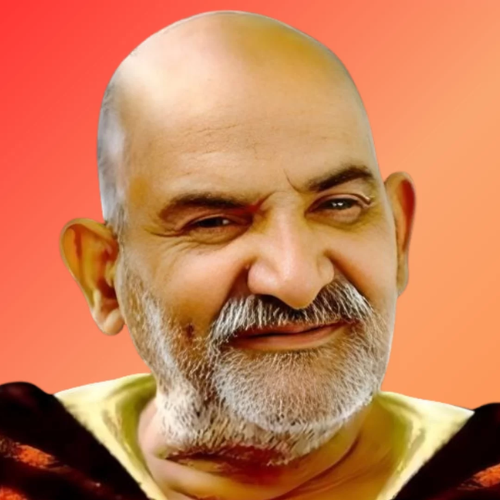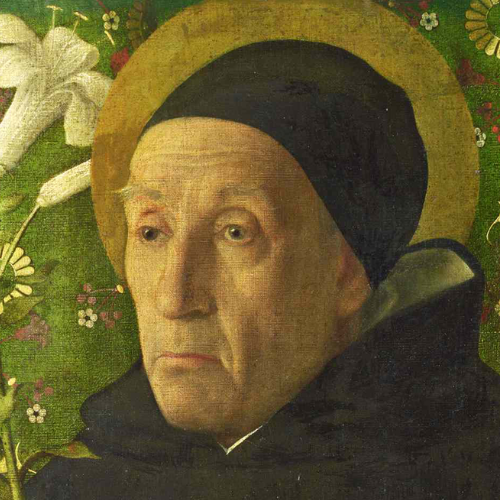Why would absolute reality want freedom? Freedom from what? There is only one reality. You are that one reality right now. What freedom are you seeking and from what?
Sorrow is at the level of body and mind, and I am the unaffected witness of it … When the mind shuts down, the sorrow which it bears also goes away with the mind.
If you are Turiya, pure consciousness, you don’t have problems. If you have problems, then in some sense you’re still identified with the body and mind … Problems are always there in the three states, but in the one reality beyond the three states there is no problem … Realizing yourself as that, then live your life in the waking state, in the dream state, and in the deep sleep state—you are not affected by any of it.
The great spiritual masters all seem to say that it’s God’s will alone—Thy will be done. It is God’s will which is working through everything, not ours.
Your real Self is the silence of the universe … That real Self is the ultimate reality. There is no such physical, subtle, or even causal universe apart from you.
Descartes said, ‘I think, therefore I exist.’ Vedanta would go one step further. Even when I don’t think, I’m still aware of not thinking … Instead of saying, ‘I think, therefore I exist’, it would say, ‘I exist, therefore I think.’
There is freedom, but nobody who is free.
The world is an appearance … You are real. But, you are real as the Absolute.
We do not know ourselves as the immortal existence. We have a desire to live—I must continue living in this body. Why? Because I do not know that I am the immortal … The experiencing Self which we are is immortal. It is not touched by the experience of the world.
To get stuck in a particular body, mind, and personality is ignorance. To step back from a particular body, mind, and personality into the background consciousness is enlightenment.
When you are enlightened, you realize everything is that one consciousness.
This very consciousness that you have right now, this awareness itself, is the absolute reality … This very self, this Self itself, is the absolute reality.
The great disadvantage of a God-centered approach, especially in today’s world, is that the God-centered approach starts with—and proceeds with for a long time—faith. Belief. If you start with questioning and skepticism, it’s very difficult to follow the God-centered approach.
When I say that I am God, I mean all of us. When an enlightened person realizes that he or she is one with God, they realize that everybody is one with God.
Beyond the mind, is no question of will. Will is within the mind, and being within the mind, it is a chain of cause and effect.
I am not a bundle of flesh and thought. I am consciousness to which appears this entire universe … Now, the subtle question is what are these objects which appear to us? Are they distinct, are they exterior to consciousness, or are they in some sense interior to consciousness? … Both the world and the body are experienced in thought, and thoughts are experienced in consciousness. When you pursue this line of thought, then the initial distinction which we made to appreciate ourselves as beings of pure consciousness, we begin to see not only consciousness but whatever consciousness is aware of—the entire external universe, the entire internal universe of thoughts and emotions—all of that is also not distinct from consciousness. It’s true that consciousness is distinct from everything it experiences and illumines, but that which it experiences and illumines is not actually distinct from consciousness because it’s just an abstraction to say that something exists outside consciousness.
This is the promise of all religion … that you go beyond suffering, you attain to a state beyond suffering of peace and bliss.
That is the purpose of spirituality: to realize yourself as that Brahman … Vedanta says you and the other are not separate. You and the other are one reality.
The good and the bad, the elevating and the demeaning, float past you in the stream of the mind. You are the consciousness sitting on the banks of the river of the mind watching.
I may act through the body and mind, but I am not under the error that I am the body and mind.
Advaita is entirely philosophically-based on reason and most importantly on our common shared experience. Advaita does not demand of you any kind of belief, it does not demand of you any kind of extraordinary mystical experience, it just demands of you that you are conscious and then look at the structure of our conscious experience—a subject and an object.
I am the mind, right? No, not really. How many times the mind has woken up in the morning, how many times the mind dreamt, how many times the mind slept—and you are the witness of all of them.
‘Free will’ is a contradiction in terms the moment you speak about ‘will’—will is always caused, and anything that is caused is determined.
